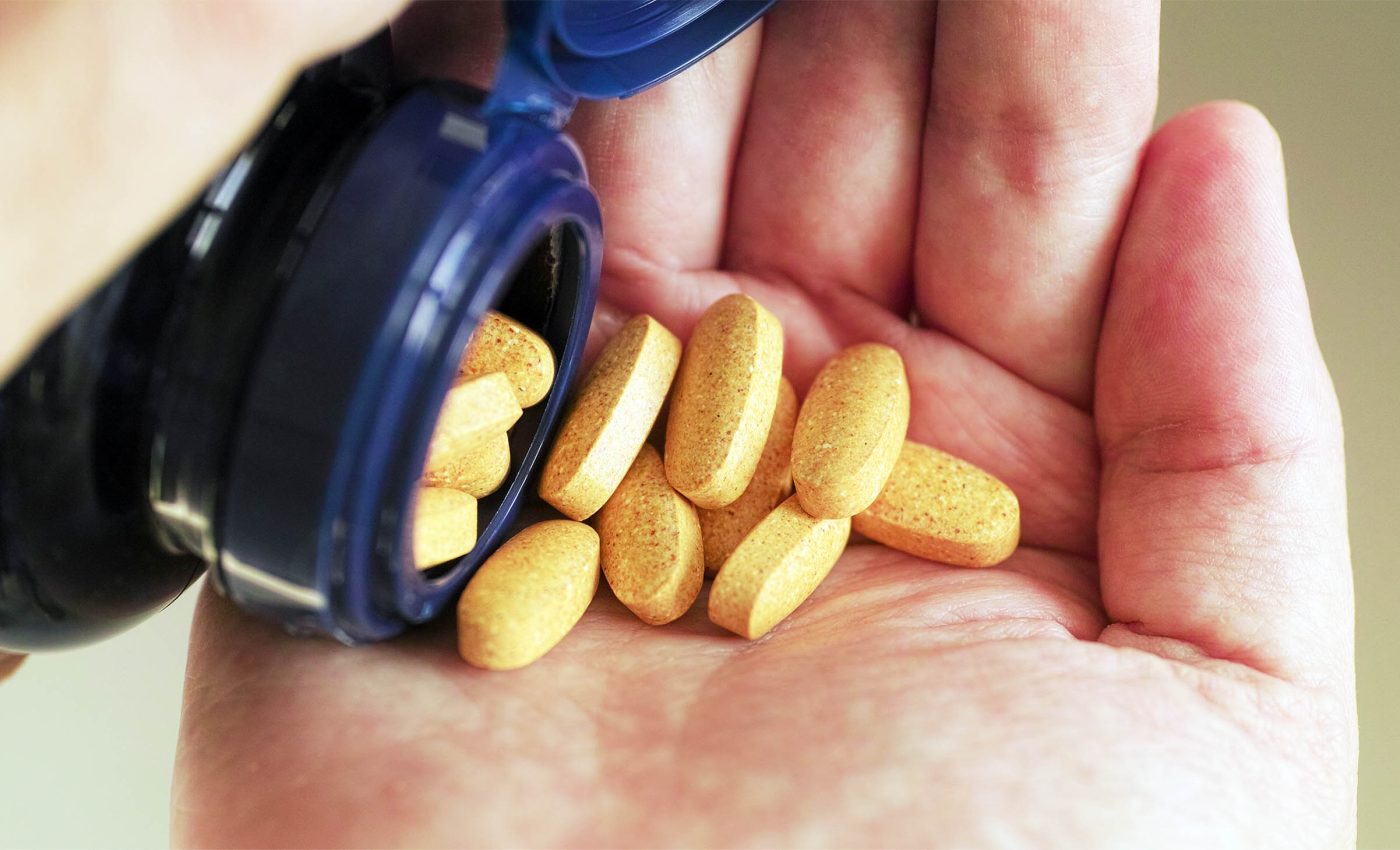
Surprising discovery suggests that vitamin B may alleviate Parkinson's disease symptoms
Parkinson’s disease is a brain disorder that gradually damages movement circuits and strains thinking and mood. It touches families everywhere, with more than 10 million people living with it worldwide, according to global estimates.
Scientists have been tracing an unexpected lead in the gut. The new evidence points to vitamin B biology shaped by gut bacteria, and it hints at a safe, low cost way to help some patients.
Parkinson’s disease and B vitamins
A new study analyzed stool samples from 94 people with Parkinson’s and 73 controls in Japan, then combined results across six countries.
The team used metagenomic shotgun sequencing (MSS), a method that reads all genetic material in a sample without targeting a single organism.
The researchers saw a consistent pattern. Genes in gut bacteria that make riboflavin and biotin were reduced in people with Parkinson’s.
The change in genes was tied to important chemicals in the gut. People with Parkinson’s had lower levels of short chain fatty acids (SCFAs) and polyamines, two groups of molecules that support a sturdy intestinal lining.
The work was led by Hiroshi Nishiwaki at Nagoya University Graduate School of Medicine. His group focused on function, not just which bugs were present, because different bacteria can perform the same jobs.
Gut’s chemistry ties to the brain
Your gut wall is coated with mucus that shields the tissue beneath. SCFAs and polyamines help build and maintain that layer, which keeps harmful stuff out.
Studies have found increased intestinal permeability in people with Parkinson’s, which means the barrier becomes leaky. When that happens, the nervous system that runs through your intestines faces more stress.
That is where α-synuclein enters the story. This protein can clump in nerve cells, and those clumps are a hallmark of Parkinson’s in movement hubs of the brain.
B vitamins and Parkinson’s
Riboflavin, also called vitamin B2, and biotin, vitamin B7 act as helpers for enzymes that shape SCFAs and polyamines in the gut.
“Supplementation therapy targeting riboflavin and biotin holds promise as a potential therapeutic avenue for alleviating PD symptoms and slowing disease progression,” said Nishiwaki.
There is a small but relevant clinical clue from the past. A 2003 open label trial reported that high dose riboflavin, together with eliminating red meat, improved some motor functions in people with Parkinson’s.
Biotin has its own resume in inflammation biology. Although its direct testing in Parkinson’s is limited, biotin has shown benefits in other neurological conditions where inflammation is a factor.
What this does not mean
This does not prove that taking B vitamins will help every person with Parkinson’s. The biology varies from one person to the next.
It also does not say that specific bacteria are always to blame. Different countries showed different microbes driving the same reduction in vitamin making pathways, which implies the function matters more than the exact species.
Dosage, timing, and safety still need careful study. Vitamins are not risk free at very high doses, and interactions with medications must be considered by clinicians.
When the gut barrier thins, more toxins can reach nerve endings in the intestinal wall. That exposure may encourage α-synuclein clumping and feed inflammation over time.
Epidemiological research has linked certain pesticides, including paraquat and rotenone, with higher Parkinson’s risk. The gut route offers a plausible path for those exposures to matter.
Next steps for patients and doctors
One practical step is measuring what is actually low. Fecal metabolite testing can check SCFAs and polyamines, and blood work can assess vitamin status when appropriate.
Targeted supplementation might make sense for people who show clear deficits. That approach tries to restore the chemistry that keeps the mucus layer strong and the gut less leaky.
“We could perform gut microbiota analysis on patients or conduct fecal metabolite analysis,” said Nishiwaki.
Parkinson’s gut-brain connection
The vagus nerve connects the intestines and the brain. Signals and molecules flow both ways, and that traffic can influence movement circuits.
In Parkinson’s, gut symptoms like constipation often show up years before tremors or stiffness. That timing suggests the disease process may involve the gut early.
Microbial genes that make riboflavin and biotin are one target. If those are down, the gut may produce fewer of these vitamins even when diet looks fine.
Various SCFAs can be measured in stool samples. Lower levels hint at a community that is not fermenting fiber effectively.
Vitamin B, Parkinson’s, future study
The intestinal mucus layer is not just a coating. It is living infrastructure that keeps microbes at the right distance from the lining.
SCFAs and polyamines help renew that barrier and support the cells that make mucus. When their levels drop, permeability can rise and the immune system can overreact.
Randomized trials will need to test riboflavin and biotin in well defined groups. The best candidates may be those who show low vitamin linked pathways and low SCFAs or polyamines at baseline.
Researchers will also track how supplementation shifts the microbiome, SCFAs, polyamines, and motor and non motor symptoms. If the chemistry and the clinical picture improve together, confidence will grow.
The study is published in npj Parkinson’s Disease.
—–
Like what you read? Subscribe to our newsletter for engaging articles, exclusive content, and the latest updates.
Check us out on EarthSnap, a free app brought to you by Eric Ralls and Earth.com.
—–













